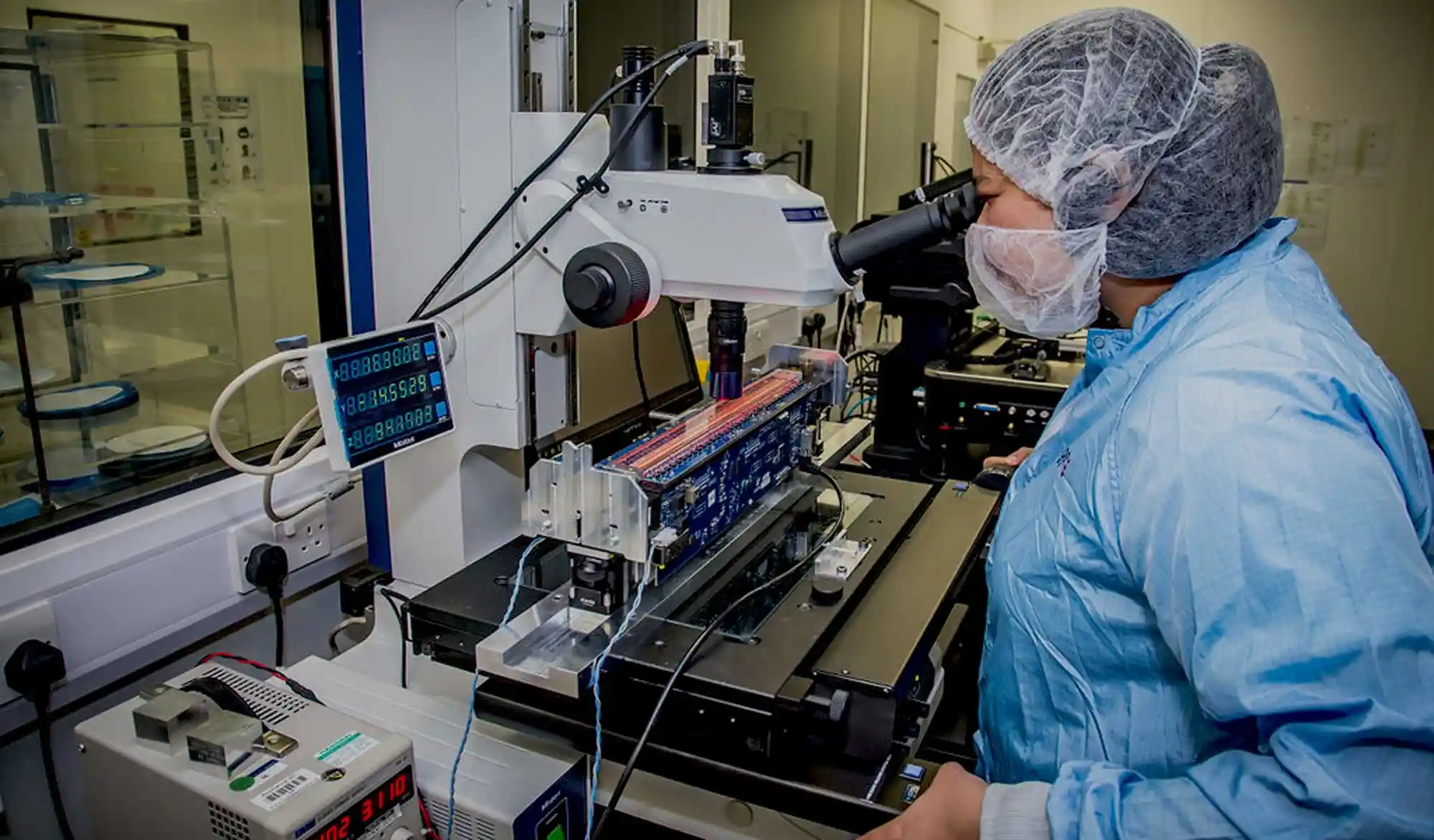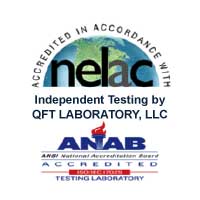Have you ever heard of grey water? If not, you’re not alone. But it’s time to learn about greywater because it’s an important resource for sustainability. Greywater recycling systems are any household wastewater that has been used for washing dishes, laundry, showers, or baths. This type of wastewater does not contain human waste or toilet paper, which means it can be reused for gardening or other non-potable uses. Let’s take a closer look at why grey water matters and how it can be used in your home.
What Is Greywater?
Grey water is the wastewater collected from sinks, showers, dishwashers, bathtubs, laundry machines and other household uses. This type of wastewater contains traces of dirt, soap and food particles but no human waste products such as urine or faeces.
It also contains fewer pathogens than wastewater from toilets or kitchen drains. That’s why grey water can be recycled safely and reused in various ways around the home or business premises without posing any health risks to people or animals.
Greywater differs from sewage or black water as it does not contain any human waste or strong chemicals such as cleaning agents or paint. Instead, it can contain low concentrations of organic matter, nutrients and bacteria derived from human activities and households.
Therefore, greywater should be treated differently than regular sewerage when handling or disposing of it; if properly managed it can be an excellent resource for irrigation purposes.
Read More: The Green Tech Boat Show 2021

The Benefits Of Greywater Recycling System
Greywater system offers numerous benefits in terms of both environmental sustainability and cost savings.
By using recycled greywater you can reduce the amount of freshwater consumption by up to 50%. This means that you are saving not only money but also precious natural resources. Since grey water has already been used once before being filtered and reused, it reduces both our dependence on freshwater sources as well as the amount of wastewater produced which needs to be treated at sewage plants.
by reusing greywater, you are reducing the amount of wastewater that needs to be treated and disposed of at a wastewater treatment facility. This in turn reduces the amount of energy and other resources needed to treat wastewater.
In addition, rainwater harvesting eliminates runoff from our roofs, helping us conserve this valuable resource and reducing pollution levels in our local waterways.
Greywater recycling also offers other benefits such as reducing your carbon footprint by reducing the amount of energy needed to heat fresh water for showers or laundry.
Additionally, it can help reduce your water bill since you are ultimately using less fresh water than before. Finally, it can provide a source of irrigation for plants or lawns during times when there is limited access to fresh clean drinking water available.
How Does Grey Water Recycling Work?
There are several methods for collecting and reusing greywater in your home or business.
The most common method is diverting greywater from sources such as showers and washing machines directly into holding tanks located outside the building. These tanks then feed into reuse greywater systems such as drip irrigation systems or rain barrels for watering gardens or lawns.
Rainwater harvesting systems are another common option to save water due to their convenience and efficiency. Creating a rainwater harvesting system involves collecting rainwater as it falls before it reaches sewers or drains, usually through rain gutters connected to rain barrels and storage tanks.
Once the rain barrels have been filled, they can be sprinkled back into gardens or used on lawns, reducing strain on municipal water supplies while generating substantial savings over time.
Other methods include using specially designed filtration systems that filter out debris from dirty dishwashing or laundry wash-waters before they are stored in holding tanks for later reuse in irrigation systems or toilet flushing systems.
Read More: Aegina’s debut at the Crick Boat Show
Recycling Greywater Risks
It’s important to be aware that there are risks associated with using greywater – most notably the potential for bacterial contamination if left untreated before use in non-potable applications.
Other risks associated with using untreated greywater include corroding pipes and fixtures due to high salt content in the water, an increase in harmful algal blooms when the greywater enters waterways, and interference with municipal wastewater treatment plants.
For these reasons, it is important to properly treat any greywater before its reuse or disposal. Treating the greywater may involve removing particulates through filtering, disinfecting it with an ultraviolet light or chlorine gas, aerating it to improve its taste and smell, or adding chemicals to reduce corrosion.
Proper handling is essential when dealing with greywater because improper disposal can lead to health hazards and environmental damage due to pollutants entering local waterways.
By understanding and mitigating potential greywater risks, we can ensure that any benefits derived from its use don’t come at too great a cost.
At best we should also strive for recognizing that untreated wastewater of any kind poses a threat to our health and environment alike and invest in proper filtration technologies accordingly.
In this way, we can create a more sustainable future while protecting our most precious resources—the land we live on and the people who inhabit it going forward. We owe them both no less than this commitment of care—and action—today!
Read More: Designed & Manufactured in the UK

Conclusion: Is Grey Water Recycling Worth It?
Greywater is an important sustainable resource that offers many great opportunities for reuse in households but also requires proper management when disposed of due to containing various substances known as its composition which typically entails non-pathogenic bacteria.
If correctly harnessed it has the potential for providing financial savings for both individuals and organisations alike whilst ultimately reducing environmental impacts associated with excessive potable water utilisation in different applications such as landscaping and gardens irrigations through fertilization or reuse altogether with modern-day technologies.”
Furthermore, keeping up with maintenance on any installed equipment will help ensure that the system performs effectively and remains compliant with local building regulations. By investing the time and money into grey-water recycling you’ll help ensure a better future for everyone!













